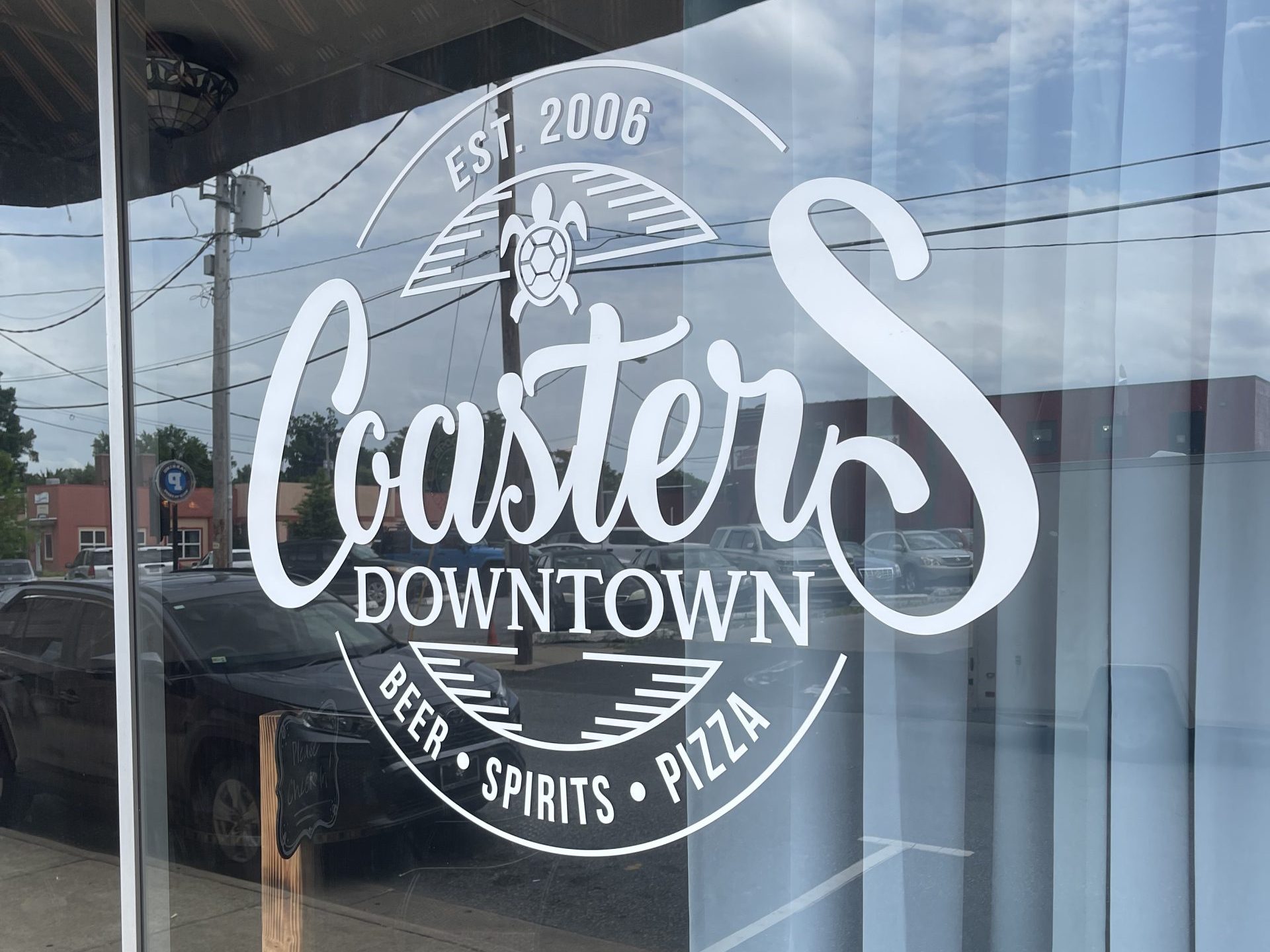As the North Carolina General Assembly wraps up the 2022 session this week, lawmakers are finalizing a record $27.9 billion budget for state government.
And they rammed through scores of bills on everything from formally legalizing hemp and CBD to raising the fees charged for duck blinds in Currituck County.
Some of the biggest changes that happened in the final days of the “short session” were to North Carolina laws governing the sale of alcohol that dated back as far as the end of Prohibition.
Except one of those changes almost had unintended consequences for a number of establishments around the state, including one in downtown Elizabeth City.
Establishments that sell beer, wine and mixed drinks in North Carolina that generate less than 30 percent of their total sales from food are required to operate as “private bars”. Essentially clubs that require a membership.
They have to charge dues, usually $1 annually, and then patrons have to record their name, address and phone number in a log every time they enter.
Coasters Downtown on North Poindexter Street in Elizabeth City has been open for the last 16 years, and has seen the landscape of The Harbor of Hospitality’s change dramatically with breweries, a wine bar, distillery and more popping-up.
Along with serving drinks, they also have a small pizza kitchen for patrons. In fact, there are many nights they are the only place you can get hot food in downtown Elizabeth City after 9 p.m.
H768, an ABC omnibus bill, passed this week that included changes to the definition of those establishments and eliminated the membership requirements. No more dues. No more signing logs. Just come in, sit down and enjoy your favorite beverage.
Those “private bars” would become just “bars”. Or so it would it would seem.
Adam Swain, owner of Coasters, contacted WOBX on Thursday morning to tell us what he discovered about the bill’s passage.
Swain said the new law would put places like Coasters into a gray area, requiring them to either change their business model and get above the 30 percent food sales threshold or just stop selling food altogether.
“We were dangerously close to devastating a lot of small businesses across the state of North Carolina,” Swain said.
“As we continue to deal with the ongoing affects of COVID-19, the legislation as initially written would have been catastrophic to those businesses and, by extension, to our communities,” Swain said.
Swain said shifting Coasters to a restaurant was not sustainable. And having to stop selling food would mean laying off at least two fulltime employees.
We reached out to state Rep. Bobby Hanig (R-Currituck) a short time later, and then connected Swain and Hanig so they could see what could be done.
“A lot of credit goes to Rep. Bobby Hanig for hearing local concerns and taking action,” Swain said. “The N.C. Bar Owner’s Association was also instrumental in pulling this together when we were just starting to lose hope.”
It just so happened a “technical corrections” bill, S470, addressing other changes to ABC laws was awaiting a few final touches in the General Assembly. Those bills are designed to remedy exactly what was happening to Coasters.
By Thursday afternoon, an amendment eliminated the prepared food language from the definition of a bar that would have stopped Coasters and others in their tracks.
“It’s critical as business owners – regardless of your industry – to pay attention to what is going on in Raleigh and to engage with lawmakers,” Swain said.
“This legislation would have caught the vast majority of those affected unaware,” Swain said. “Fortunately, most of them will never know just how perilous the situation was.”
Both bills are now awaiting Governor Roy Cooper’s signature, which is expected to happen in the coming days.

